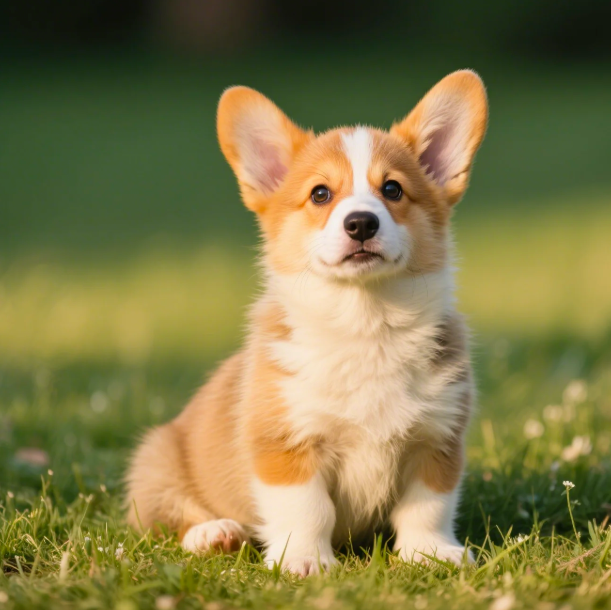Home » Why do some people like to keep pets?

Many people around the world choose to keep pets for a variety of emotional, social, and health-related reasons. Whether it’s a playful dog, a curious cat, or even an exotic reptile, the bond between humans and animals has been cultivated for thousands of years. Today, with over 67% of households in the United States alone owning at least one pet, the popularity of keeping pets reflects deep psychological and cultural factors.
Pets offer unconditional love and are known to help reduce feelings of loneliness, especially among individuals living alone or the elderly. Studies also show that petting animals can lower cortisol levels and increase oxytocin, reducing stress and anxiety.
Pets can act as emotional anchors during difficult times, offering comfort without judgment.
People who keep pets often experience:
Keeping pets has been shown to offer various physical health benefits:
Owning pets can also improve social life:
Humans have domesticated animals for over 15,000 years. Initially, animals provided food, protection, and labor, but over time, emotional connections grew. The tendency to keep pets may stem from a nurturing instinct similar to parenting behavior.
In modern culture:
In conclusion, the desire to keep pets stems from emotional comfort, physical health benefits, social enrichment, and deep-rooted evolutionary behavior. Pets fulfill a wide range of human needs, from companionship to purpose, making them integral to the lives of millions across the globe.
